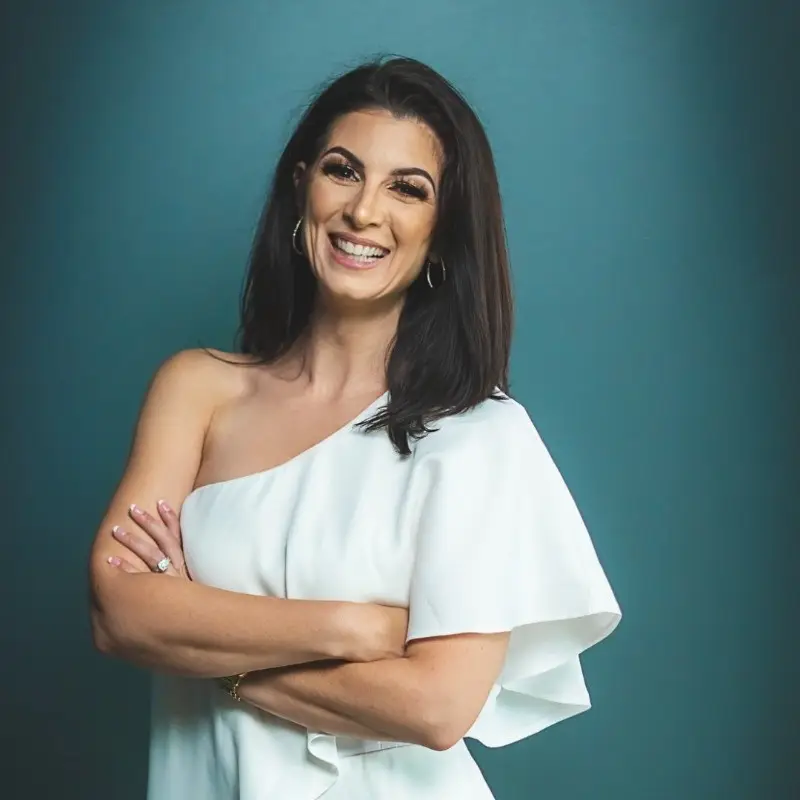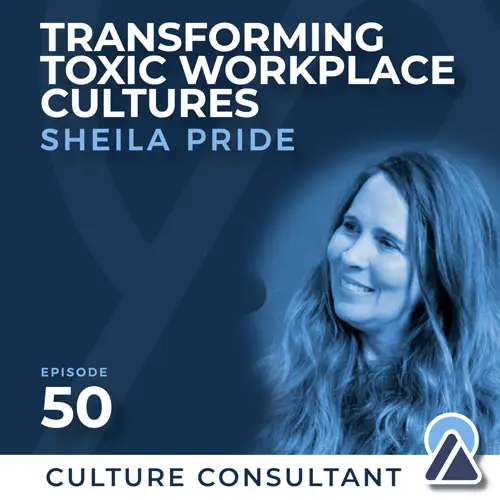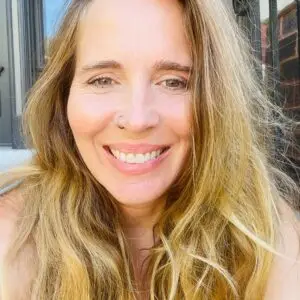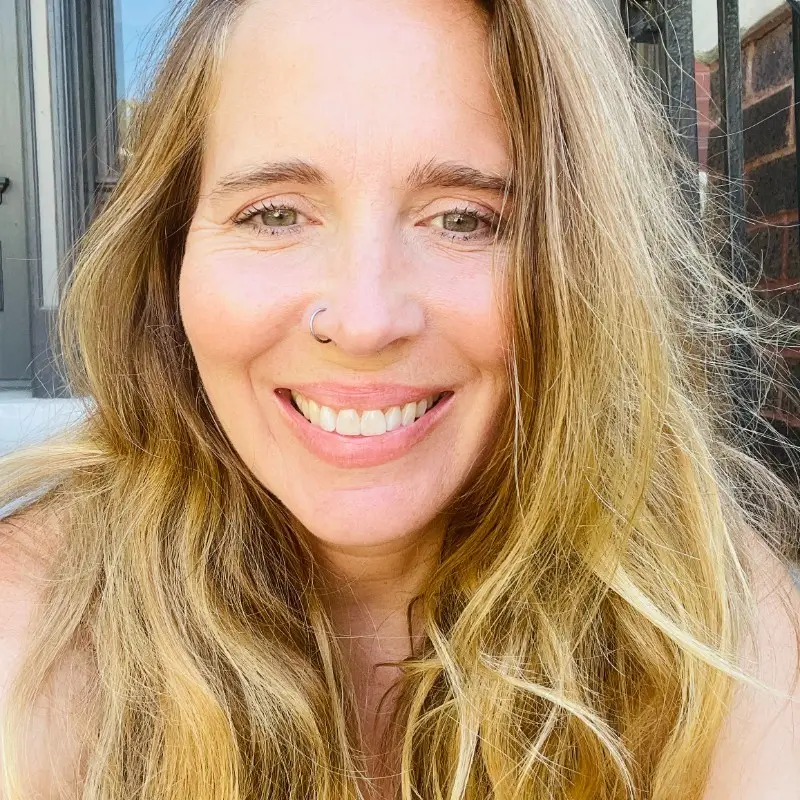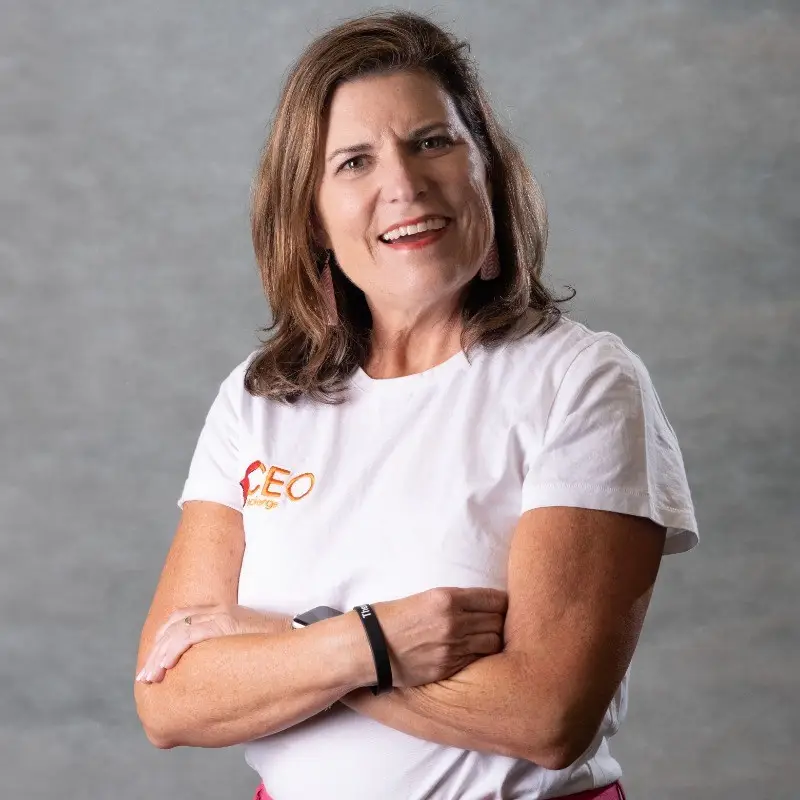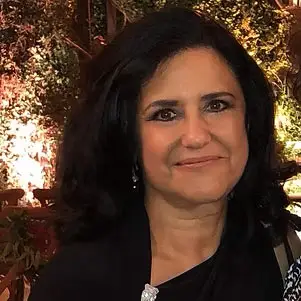00:00 – Introduction and Welcome
- Host Cynthia Kirkpatrick introduces Sheila Pride
- Overview of Sheila’s work with Moksha Group
00:49 – What is Moksha Group?
- Definition of “Moksha” – waking up to your life
- Breaking the suffering cycle through conscious leadership
- Working with organizations and executives worldwide
02:13 – Why Culture Work is Still Needed
- Discussion on persistent workplace culture challenges
- The ongoing need for leadership development
02:28 – The War Brain vs. New Brain
- Understanding in-group/out-group dynamics
- How fear and scarcity activate the “war brain”
- The challenge of maintaining empathy and connection
04:43 – The Spillover Effect of Workplace Stress
- How work stress impacts families and personal life
- The connection between workplace wellness and world engagement
- Why helping people manage stress benefits everyone
05:07 – Depletion vs. Renewal Framework
- Introduction to the depletion to renewal grid
- Case study: The draining PR team meeting
- Creating positive energy in workplace interactions
07:16 – Multiple Entry Points for Change
- Personal coaching and therapy approaches
- Working with “unfathered leaders”
- The importance of allowing people to evolve and change
10:19 – The Business Case for Team Development
- Why invest in team dynamics and leadership?
- Interactive exercise on good vs. bad leadership experiences
11:25 – Live Exercise: Great Leadership Qualities
- Host shares experiences with great leaders
- Discussion of trust, psychological safety, vision, and accountability
- The impact of positive leadership on team energy
16:31 – The Neuroscience of Belonging
- How our brains map relationships and safety
- The story of the grieving leader and vulnerability
- Gallup’s findings on engagement drivers
19:08 – Bad Leadership and Its Impact
- Inconsistency and power/control dynamics
- Team responses: isolation, retreat, decreased productivity
- Loss of creativity in unsafe environments
22:06 – The Tsunami Story: Psychological Safety in Action
- Harville Hendricks’ approach to group decision-making
- The power of structured listening and validation
- How introverts contributed breakthrough solutions
26:24 – Why Difficult Conversations Are So Hard
- Neuroscience and childhood conditioning around feedback
- Fear of losing relationships and status
- Individual differences in feedback sensitivity
32:14 – When Good People Leave and Teams Go Silent
- Warning signs of unhealthy team dynamics
- The danger of labeling people as “negative”
- How leaders can recognize their role in team problems
36:08 – Leading from Any Level
- Simon Sinek’s advice on becoming the leader you want
- When to persist vs. when to move on
- The importance of organizational support for growth
40:17 – Staying Connected Despite Differences
- The art of dialogue without requiring agreement
- Moving beyond the need for consensus
- Creating space for all voices to be heard
43:18 – The Universal Need to Be Seen and Heard
- Simple human needs: validation and appreciation
- How leaders can create space for sharing
- The importance of reflection and validation
45:49 – Live Demonstration: Structured Dialogue
- Real-time practice of listening and reflecting
- Role clarity example with host participation
- The power of structured communication
54:24 – Skills We’re Never Taught
- Gap between academic education and life skills
- Using communication tools in all relationships
- Bringing elders into conversations
55:52 – The Importance of Repair Processes
- How quickly teams recover from conflict
- The connection between healthy relationships and healthy brains
- Why most people struggle with apologies
57:00 – The Challenge of Apologizing
- Survey results: only 4 out of 50 comfortable saying sorry
- Understanding resistance to apologies
- Moving beyond forced apologies to mutual accountability
01:00:10 – Creating Safe Spaces for Mistakes
- The value of “smart mistakes” and innovation
- Building environments where failure is learning
- The happiness-productivity connection
01:03:02 – Teaching the Fundamentals
- Why basic skills need to be explicitly taught
- Fail-forward practices for families and teams
- The danger of exploiting others’ vulnerabilities
01:05:39 – Being Real, Open, and Vulnerable
- The power of authentic leadership
- How vulnerability creates permission for others
- Using neuroscience to convince skeptics
01:08:07 – The Need for Coaches and Continuous Learning
- Why experts need coaches too
- Building habits through consistent practice
- The journey from “know better” to “be better”
01:11:58 – Self-Compassion as Foundation
- Kristin Neff’s work on self-compassion
- The inner coach concept
- Why self-work enables helping others
01:13:27 – Living Practice vs. Dead Practice
- Indigenous wisdom on transformation
- The 30-day practice requirement
- Working with material before sharing it
01:14:08 – How to Connect and Work Together
- Moksha Group website and services
- Individual coaching and couples work
- Community yoga and qigong offerings
01:15:12 – Closing Gratitude and Reflection
- Final thoughts on vulnerability and strength
- Appreciation for authentic conversation
